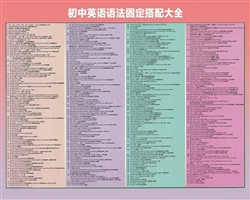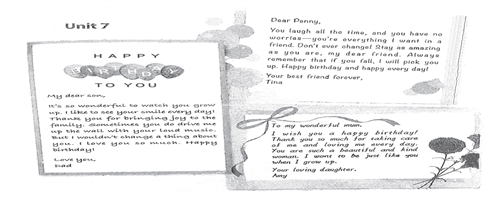To Tie One's Hair on the House Beam and Jab One's Side with an Awl to Keep Oneself Awake一 Take Great Painswith One's Study
悬梁刺股
It is recorded in Biographies of Virtuous Persons of the Chu State,that in the Eastern Han Dynasty,a man named Sun Jing was a famous politi-clan. As a young man,he was diligent in study and often forgot food and sleep.When he felt sleepy,he tied his hair to the roof beam. Therefore,when he dozed,he would feel pain and wake up as his hair was pulled upward by the rope. Then he would go on with his study. In Volume One of Anecdotes of the Qin State in Strategies of the Warring States,there is another story as follows:Su Qin felt sleepy when he was reading,so he took an awl and stabbed it into his own legs. Thus,the sudden pain would wake him up,and he could continue reading. Now people like to praise those who grind away at their studies with this allusion.
据《太平御览》卷六一一晋张方《楚国先贤传》记载:东汉时候,有个人名叫孙敬,是著名的政治家。他年轻时勤奋好学,常常是废寝忘食。他把自己的头发绑在房梁上,当他打吨的时候,头一低,绳子就会牵住头发,这样会把头皮扯痛了,马上就清醒了,再继续读书学习。又据《战国策·秦策一》记载:苏秦读书困倦时,用锥子扎自己的腿。这样,猛然间感到疼痛,使自己清醒起来,再坚持读书。后世用“悬梁刺股”一词来比喻勤学苦读。





 。
。